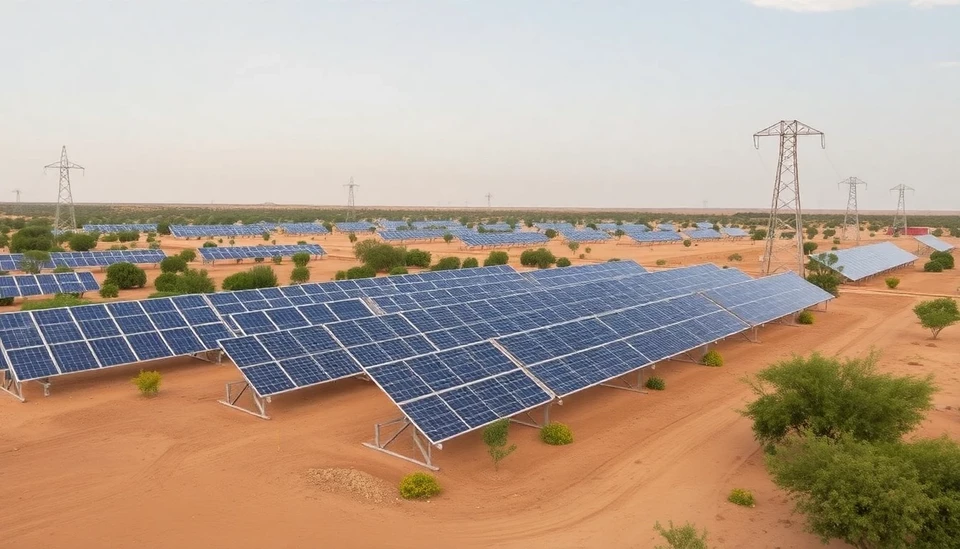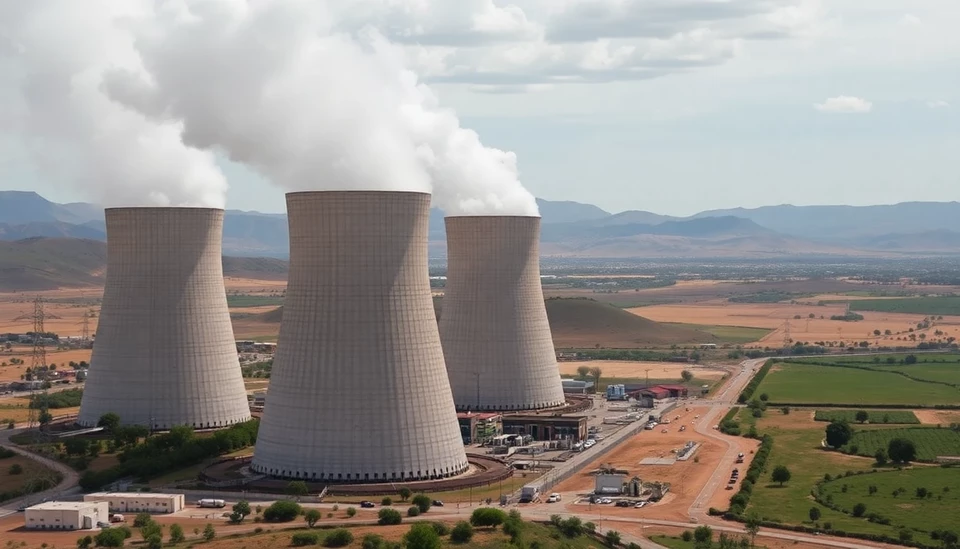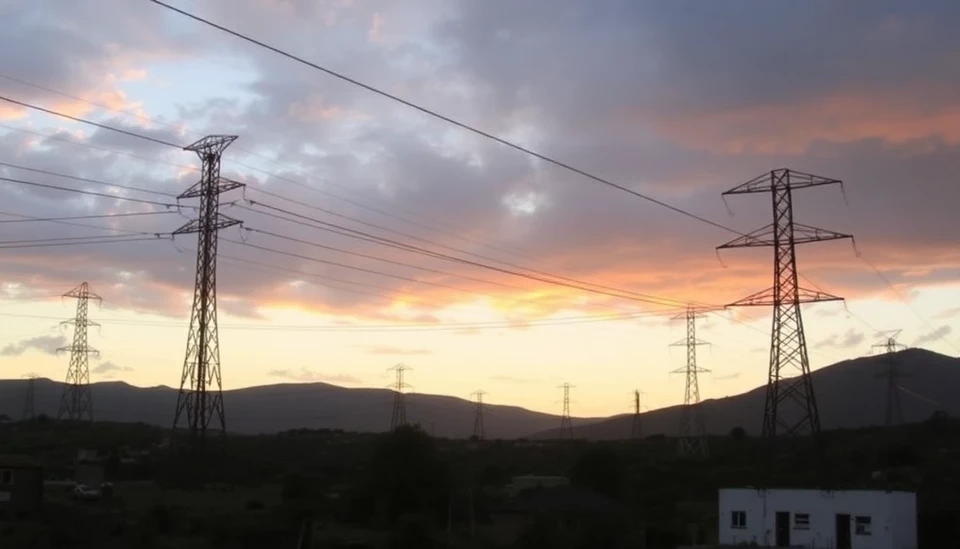
The cost of energy in the United Kingdom is set to rise for the third consecutive quarter, potentially putting significant financial pressure on households as they grapple with increasing living costs. The latest data indicates that energy prices are scheduled to spike, adding to the ongoing crisis that has already seen many families struggle to meet their monthly bills.
Recent reports suggest that the increase is largely due to a combination of factors including global energy market volatility, rising generation costs, and the ongoing ramifications of geopolitical conflicts that have disrupted supply chains. Amid these challenges, energy providers in the UK have been forced to adjust their tariffs, which is likely to impact millions of residential customers.
Experts within the industry have predicted that the new energy price cap, which is adjusted quarterly by the energy regulator Ofgem, will likely reflect these pressures. As it stands, the expectation is that this latest rise could lead to an increase of approximately £100 to £150 on the average annual energy bill, pushing it upward of £3,000 for the first time ever.
Analysts warn that this upward trend in energy pricing could exacerbate the cost-of-living crisis currently gripping the country. Households are already dealing with heightened inflation rates that have affected food prices and other essential goods. Many families are also contending with elevated rents and mortgage rates, creating an unsustainable financial strain on their budgets.
In response to these developments, the UK government has been under pressure to intervene and provide support to those most affected by rising energy costs. There have been calls for targeted measures, such as increased financial aid for low-income households and enhanced support for energy efficiency programs to help families mitigate these rising costs.
Consumer advocacy groups are voicing concerns that the increasing energy bills could lead to a spike in energy poverty, where families cannot afford to heat their homes adequately. This situation could encourage detrimental health consequences, particularly during the colder months when demand for heating is at its peak.
As the energy crisis unfolds, it remains to be seen how the government and energy providers will respond to ensure that vulnerable populations are protected. Potential solutions could involve regulatory changes or subsidy programs aimed at balancing the books for both suppliers and consumers.
For many, the urgency of the situation calls for immediate action to avoid further financial strain amidst an already challenging economic environment. As the February price cap changes draw near, households across the UK are bracing themselves for the higher energy bills that await them.
In conclusion, the expected increase in energy costs highlights the ongoing fragility of global energy markets and shines a spotlight on the need for sustainable solutions to secure affordable energy for all households in the UK.
#EnergyCrisis #UKEnergyBills #CostOfLiving #FinancialStrain #Ofgem #ConsumerAdvocacy
Author: John Harris




